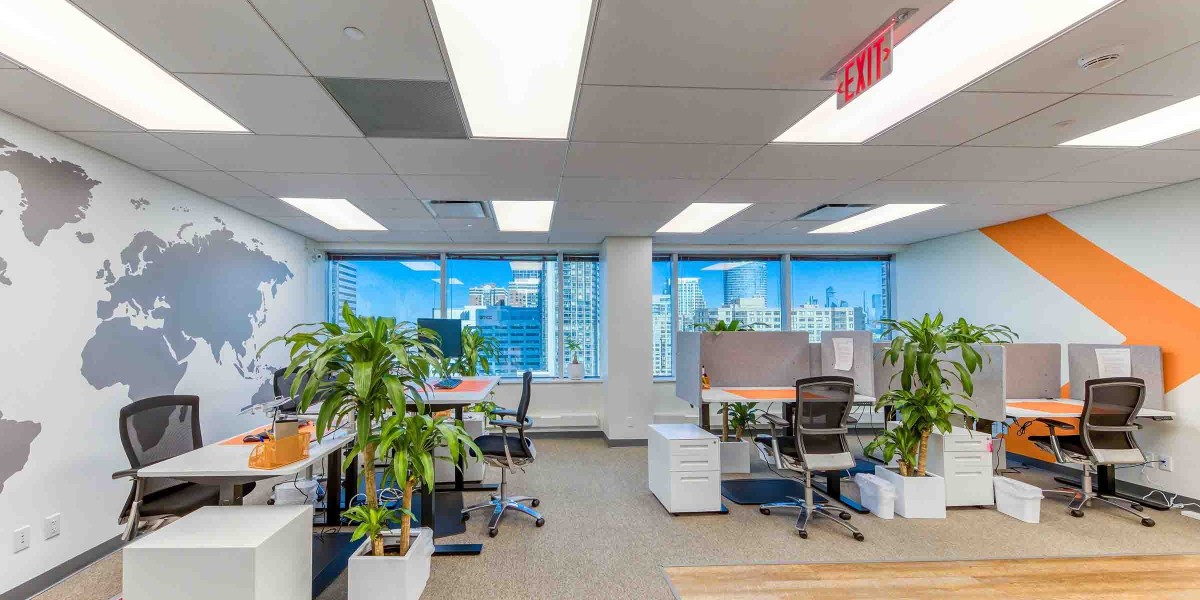In recent years, the concept of a traditional office has been revolutionized by the advent of virtual offices. Powered by rapid technological advancements and changing work culture, virtual offices enable employees, freelancers, and entrepreneurs to operate remotely, often from their homes or any location of choice. This shift has brought significant enhancements not only to individual productivity but also to society as a whole.
What is a Virtual Office?
A virtual office provides businesses with a physical mailing address, phone service, and administrative support without requiring physical office space. It allows employees to collaborate via cloud-based tools, video conferencing, and instant messaging. This model reduces overhead costs and offers greater flexibility to workers.
Societal Enhancements of Virtual Offices
1. Increased Flexibility and Work-Life Balance
Virtual office Texas empower employees to manage their schedules more effectively, leading to improved work-life balance. This flexibility can reduce stress, improve mental well-being, and accommodate personal responsibilities such as childcare or education.
2. Environmental Benefits
With fewer employees commuting to work daily, virtual offices help reduce carbon emissions, traffic congestion, and pollution. This contributes positively to environmental sustainability and promotes eco-friendly lifestyles.
3. Economic Impact
Cost savings for businesses translate into larger investments in innovation, employee benefits, and community development. Additionally, virtual offices enable small businesses and startups to access premium resources without hefty expenses, fostering entrepreneurship and economic growth.
4. Broadening Access and Inclusivity
Remote work facilitated by virtual offices provides opportunities for diverse populations, including those with disabilities, caregivers, and individuals in rural or underserved areas, promoting inclusivity and equal access to employment.
5. Resilience and Business Continuity
Virtual office Albuquerque bolster organizational resilience during emergencies like pandemics, natural disasters, or geopolitical disruptions. Businesses can continue operations with minimal interruption, ensuring stability and continuity.
Challenges and Future Outlook
While the societal benefits are substantial, challenges such as cybersecurity, employee isolation, and management complexities remain. However, ongoing innovations in technology and a cultural shift towards flexible work arrangements suggest that virtual offices will become an integral part of society’s evolving work landscape.
Conclusion
The evolution of virtual offices signifies a transformative step toward a more flexible, sustainable, and inclusive society. As technology continues to advance, these offices are poised to further reshape how we work, communicate, and live, fostering a more adaptive and resilient global community.






